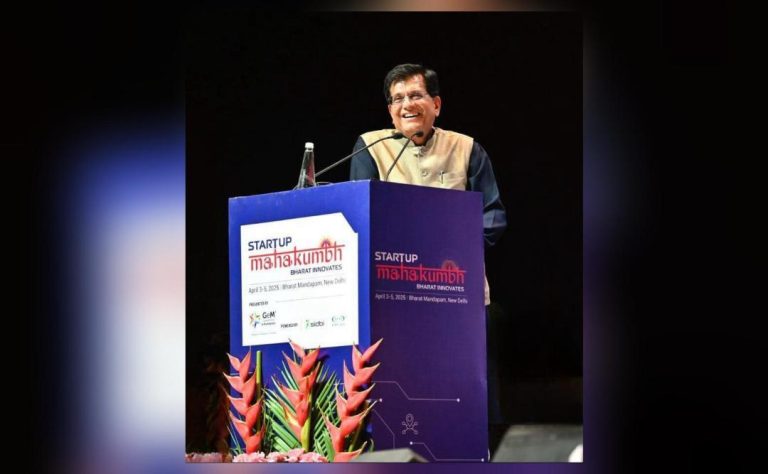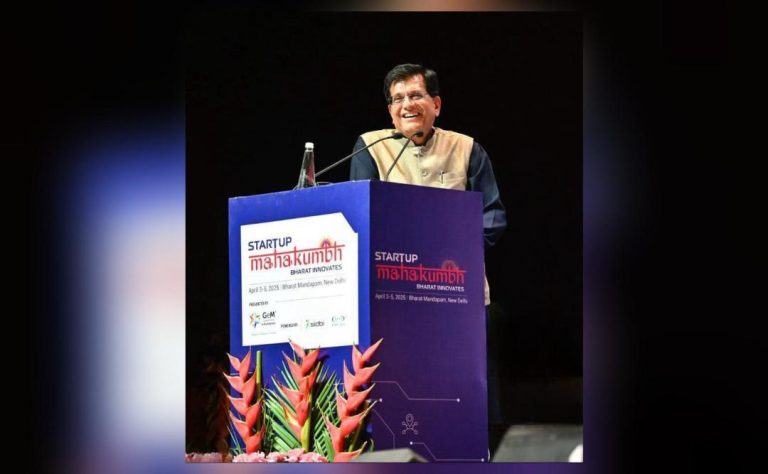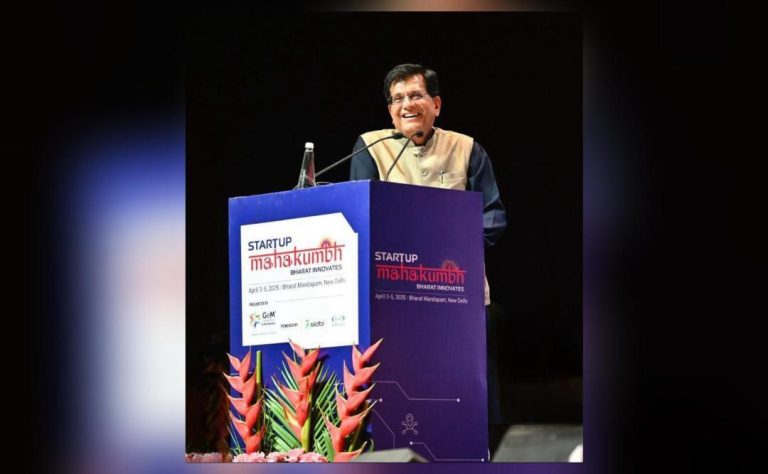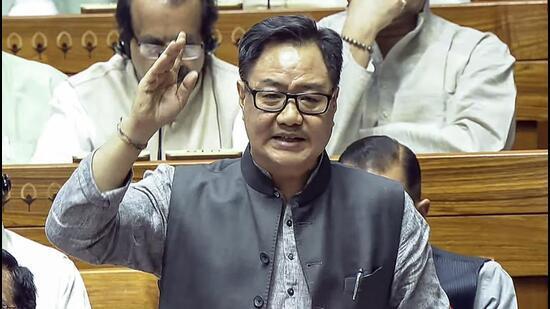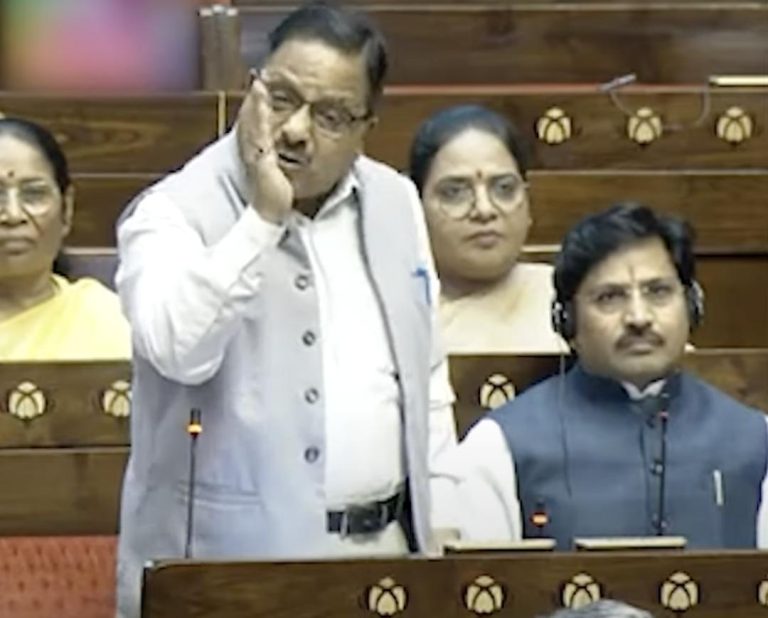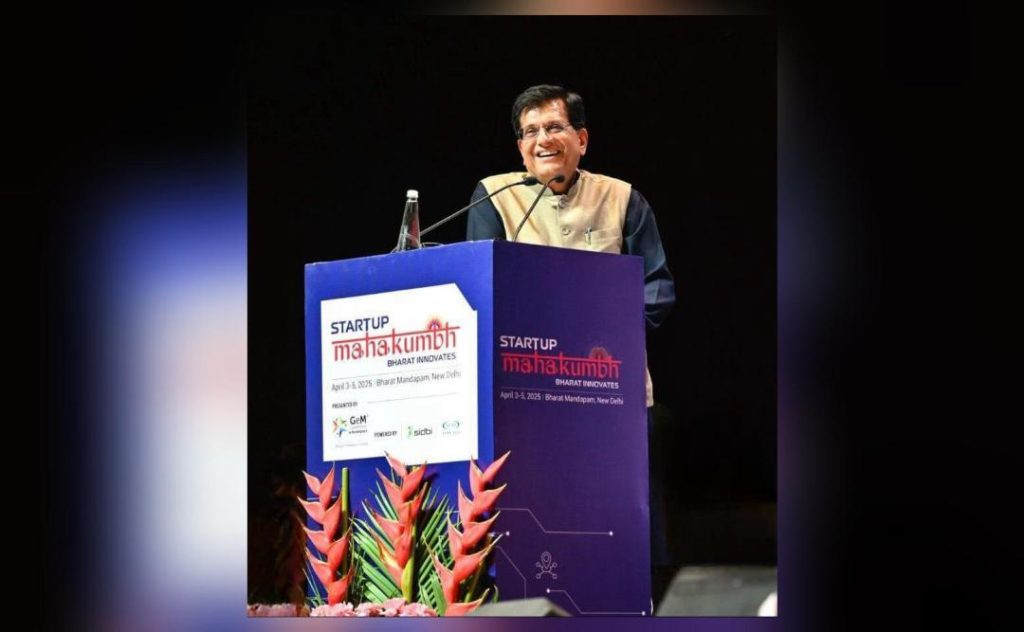
Title: Giving fancy packaging to ice-creams & cookies is not start-up: Piyush Goyal
In a recent statement made at Startup Mahakumbh 2025, Union Minister of Commerce and Industry, Piyush Goyal, expressed his views on what constitutes a start-up. According to him, giving fancy packaging to ice-creams and cookies does not necessarily make it a start-up. Instead, it is entrepreneurship and a business model that defines a start-up.
Goyal’s statement comes at a time when the startup ecosystem in India is booming. With the rise of e-commerce, fintech, and other industries, many entrepreneurs are venturing into new businesses. However, it is essential to understand what makes a start-up successful and what does not.
In his address, Goyal also highlighted the worrying trend of only 1,000 startups in India’s deep-tech space. This is a disturbing situation, especially when compared to other nations that are focused on AI and 3D printing. India’s start-up ecosystem is growing rapidly, but there is still a long way to go to catch up with the rest of the world.
Goyal’s statement may seem straightforward, but it holds significant importance for entrepreneurs and start-ups. Many entrepreneurs may be tempted to label themselves as start-ups simply because they have a new product or service. However, Goyal’s words serve as a reminder that a start-up is more than just a business idea or a product.
A start-up is a business that is often characterized by its innovative approach, willingness to take risks, and ability to adapt quickly to changing circumstances. It is a business that is driven by a passion to solve a problem or meet a need, and is often marked by a flexible and agile organizational structure.
In contrast, giving fancy packaging to ice-creams and cookies may be a marketing strategy, but it does not necessarily make it a start-up. While a business that focuses on innovative packaging may be successful, it may not be a start-up in the classical sense.
Goyal’s statement also highlights the need for start-ups to focus on building a strong business model. A business model is a framework that outlines how a business will generate revenue, manage costs, and deliver value to its customers. It is a critical component of any start-up, and is often the key to its success.
In the Indian context, Goyal’s statement is particularly relevant. India’s start-up ecosystem has grown rapidly in recent years, and is now considered one of the most vibrant in the world. However, many start-ups in India still struggle to scale and achieve profitability.
Goyal’s words serve as a reminder that start-ups in India need to focus on building strong business models, rather than just relying on fancy packaging or marketing strategies. They need to be innovative, willing to take risks, and able to adapt quickly to changing circumstances.
India’s deep-tech space is also a critical area of focus for start-ups. According to Goyal, there are only 1,000 start-ups in India’s deep-tech space, which is a disturbing situation. Deep-tech start-ups are those that focus on cutting-edge technologies such as AI, 3D printing, and biotechnology.
India’s deep-tech space has the potential to be a game-changer for the country’s economy. It has the potential to create new industries, generate new revenue streams, and create new jobs. However, it requires a strong focus on research and development, and a willingness to take risks.
In conclusion, Goyal’s statement highlights the importance of building a strong business model and focusing on innovative technologies. Giving fancy packaging to ice-creams and cookies may be a marketing strategy, but it does not necessarily make it a start-up. India’s start-up ecosystem has the potential to be a game-changer for the country’s economy, but it requires a focus on building strong businesses that are driven by innovation and a willingness to take risks.
News Source:
https://x.com/moneycontrolcom/status/1907795297826378009
